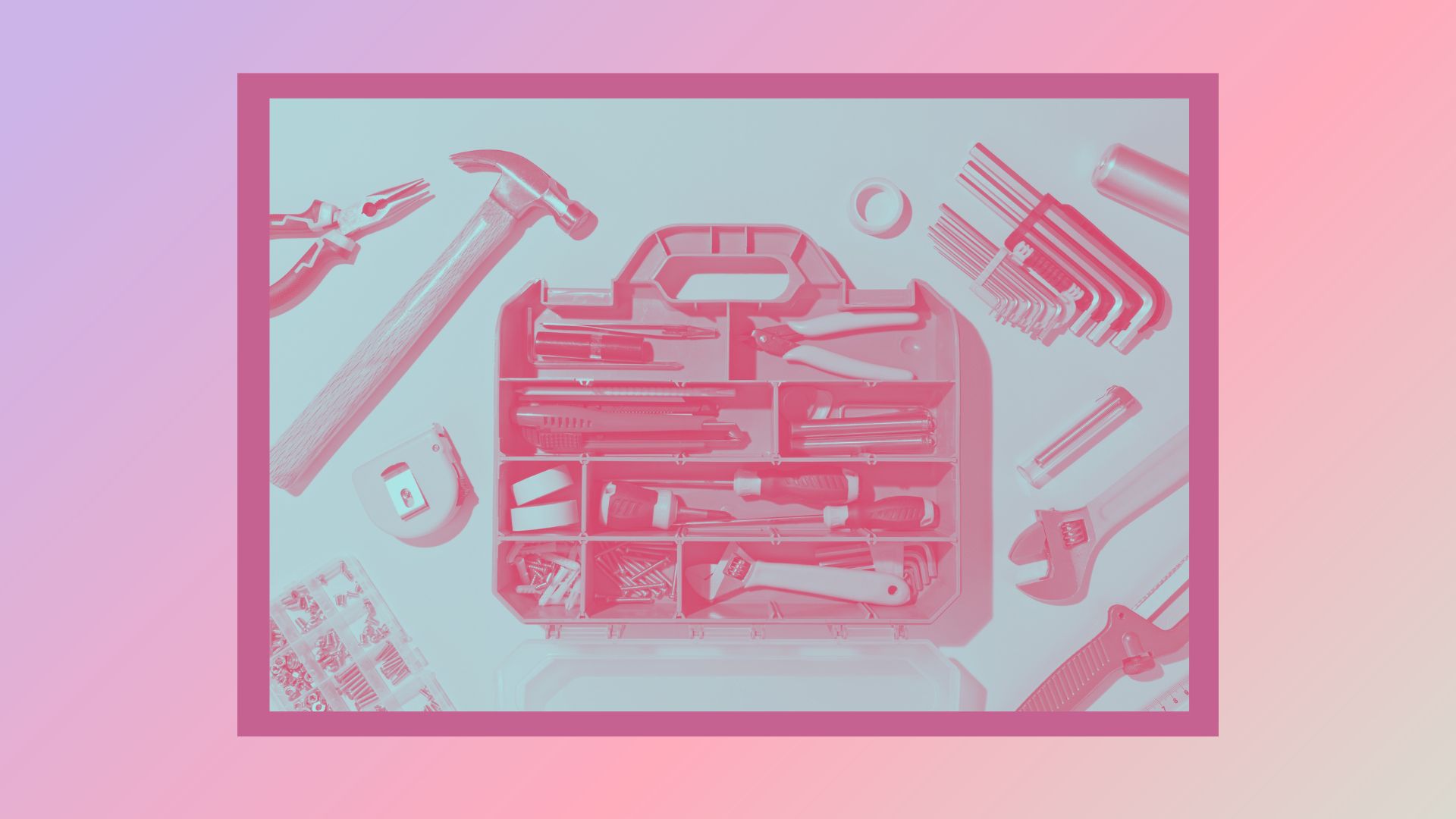
One of Keyanna Bowen's favorite expressions is "You have not because you ask not."
That's often the case with rental renovations. We assume a glow-up is not in the cards because we're not stationed in our "forever home." However, in order to be a good tenant, you should be proactive and approach your landlord with a few aesthetic suggestions here and there.
If you've been dying for a kitchen makeover, are in need of a few bathroom updates, or simply want to make apartment living feel a little more permanent, Bowen — a designer and the founder of East + Lane—will help walk you through the process.
"I’m a true believer that you’re home environment is the most important environment that will affect your well-being and quality of life," she says. "If there’s any place to make an investment in, it is your home."
Renters, it's time to make your space feel more like you.
How to pull off rental renovations with your landlord
Though the process could seem intimidating, a little research and planning go a long way. Here's how to get started on that kitchen cabinet re-do or the wood accent wall you've been dreaming about. (Psst: make sure to add these five must-have DIY gadgets to your toolbox.)
1. Start Planning
As much as we appreciate a good Pinterest board, you're going to have to take your planning up a notch. Find imagery, make budget predictions, and factor in labor costs before you approach your landlord with your renovation suggestions. (It goes without saying but you'll need his or her permission to move forward.)
Though there's certainly a fear factor with approaching the property owner, Bowen notes that a little TLC is in everyone's best interest, so don't sweat the conversation.
"I think a lot of landlords are now seeing that trend that more and more of their tenants are coming to them and wanting to make updates, and it’s such a win-win situation," she says. "You’re adding value to the property."
2. Put everything in writing
After you speak to the landlord about your ideas — and present the proper materials — Bowen says to put everything in writing. When working on her rental property, she added terms to her lease agreement so that she was protected in a variety of areas, including:
- Receiving her security deposit in full
- Getting first rights refusal on the property, should it go up for sale
- Not being fiscally responsible for anything the landlord wishes to change
- Not being subjected to a rent increase.
Whether you're paying for half the project, the whole project, or if you're deducting an amount off your rent each month, do make sure financial specifics are detailed in writing as well so that all parties know what to expect moving forward.
3. Start small
"Everyone will have different skill levels and comfort levels with the projects they want to tackle, so that’s the first thing to think about," Bowen says.
Before you divvy up your time and finances, start with smaller projects that don't require as much sweat equity. What are the cheapest changes with the biggest impact?"
"Nine times out of ten, that’s painting, taking out a light fixture, or swapping out the hardware," Bowen says. "There are so many little fixes like that can change the way a space looks and feels without you having to spend a lot of money or rip out anything."
Even better? You can take a lot of those goods to your next place!
4. Don't disregard the furniture
Though we might feel inclined to furnish rentals with hand-me-downs or inexpensive items — and of course, there's nothing wrong with that — don't be afraid to go for the piece that you're truly dying for, ones that will carry you from home to home.
"Get out of the concept of once I invest in my dream home that’s when I’ll get the sofa that I want,'" Bowen suggests. "Invest in those pieces that are quality items and stand the test of time."
While we're on the topic, you've seen the Wayfair couches we're swooning over, right?
Ready to get going with those redos? We wish you the best of luck!







